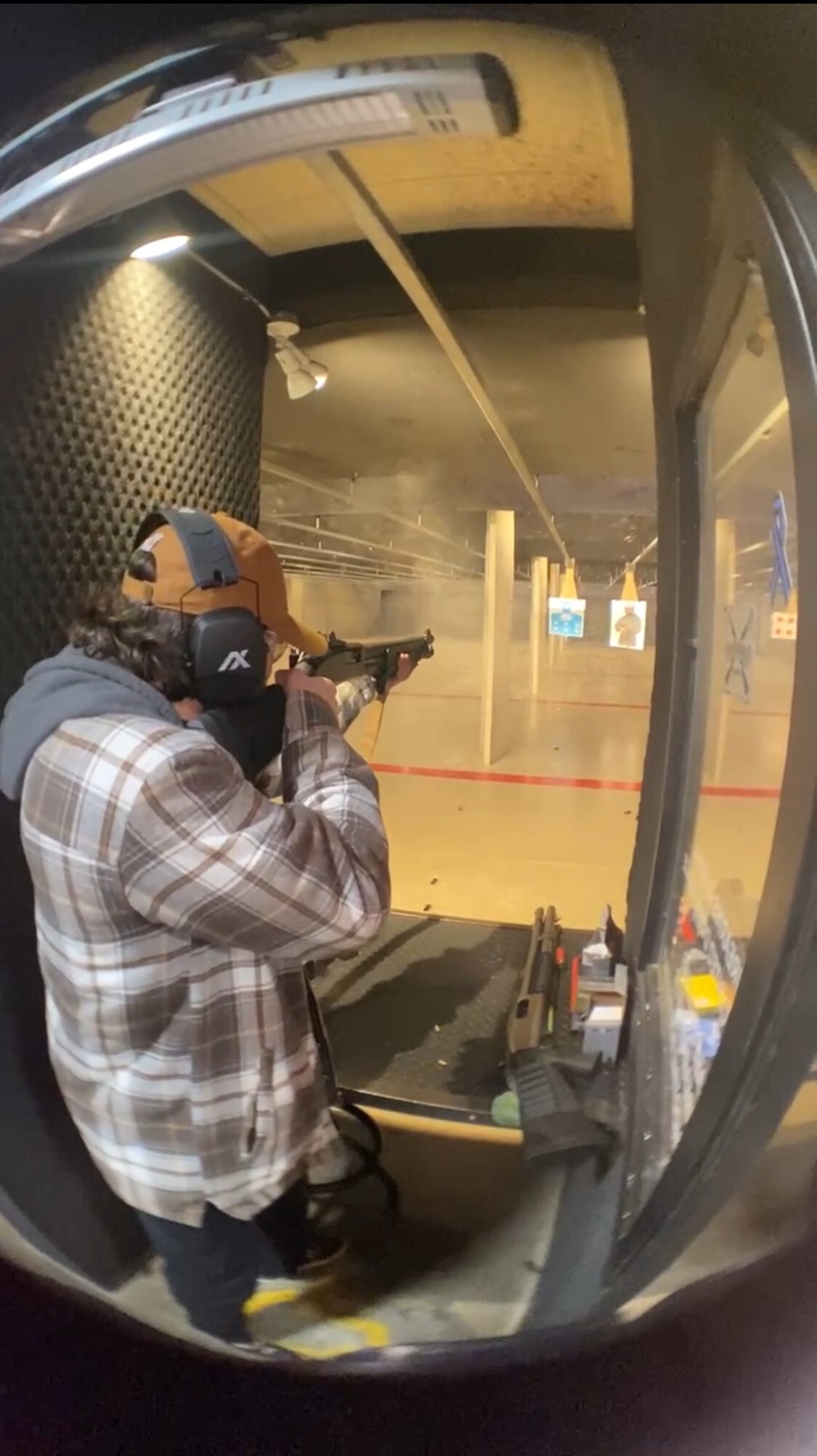I hear this is a rite of passage. I made it 4 weeks before I rekt all my shit (it was nvidia related). Where do I claim my sticker?
In all seriousness, now that I understand better these commands that I’ve been haphazardly throwing around, Id like to do a clean install. God knows what else Ive done to it. Can i just reinstall to my root partition and have my home partition work as expected?
FWIW each new install is faster, especially if you write down the “weird” steps.
Average .ml purges
I feel your pain 😅🫠
Yeah, just to add another confirmation to the other comments, if you have a separate home partition you can reuse it with a new / partition and expect it to work fine. The only stuff that gets saved in your home folder is comfiguration files for your apps, along with whatever actual files you have stored. You can even swap distros (Ubuntu/Arch) and keep your home folder, though sometimes the config files and settings don’t translate perfectly.
Yes.
I wouldn’t do it without tests and “enough” experience.
I would backup first.
Then I would install an atomic distro because I wouldn’t want to care about this ever again
I’ve done the same thing (Nvidia related) on a machine hooked up to an expensive scientific instrument. Didn’t get any other work done that day… Ugh.
congrats you’re ready for the next step: a declarative package configuration like (non-)guix or nixos
Congratulations OP!
About a year and a half ago I nuked my root partition with
sudo rm -rf /*. Fun times.That’s just how you unlock the hidden boss fight.
On the bright side, it’s never been a better time to switch to an immutable distro…
Does anyone sell ‘Yes, Do As I Say!’ stickers?
You could possibly recover from that on console, just install few metapackages. And have backups.
it’s “Yes, do as I say!”
Dammit, my organic memory failed yet again. It’s been a while since I’ve seen that prompt (and I have agreed to that as well at least few times).
Yeah OP is not gonna die on that
If anything can be salvaged, I’d suggest backing those up, and then proceeding to make a fully fresh install. That will ensure you don’t come across issues inherited from the previous blunders, and also, I think, will give you the chance to take the same steps, but wiser than before, and so able to avoid the issues you either caused or came across. (Also something I’d recommend maybe around every 1~2 years, precisely because of being able to restart but wiser)
Try to fix it.
I accidentally interrupted a system upgrade, breaking networking and package manager, among other important bits
ctrl + z
The best way to learn something is by hurting you.
Reinstall using btrfs as the root files system and enable automatic snapshots. The data on your home partition will be fine, just make sure the installer doesn’t format it.
More technology does not fix daft manoeuvres! You do learn by your mistakes but keep the environment as simple as possible and add complexity later. Just like I didn’t back in the day! Mind you we lived in greyscale back then.
I’ve been a Linux sysadmin (and I have a lot of customers) for around 25 years now and only during the last 18 months have I bothered with something funky like ZFS - Proxmox is why and that’s thanks to Broadcom deciding to fuck up VMware. I have done a lot of migrations and many more to follow. BTRFS is coming along but it is not for me quite yet.
Backups are golden. Even a simple rsync of /home and /etc to a USB stick or two will do for starters. If you want a challenge then try getting the Veeam agent for Linux working, with secure boot. I suggest not yet (secure boot). However, Veeam do a community edition which is free for 10 workloads (VMs/agents). I recently recovered a HP laptop running Home Assistant to a Thinkpad and everything just worked apart from the network, which is pretty reasonable and it took about 20 minutes.
So, I suggest that you get your backups in order first and then you can muck about with confidence. If you have some time and energy then do have a go at Gentoo and/or Arch. I ran Gentoo as my daily driver for some years and now I never fear anything IT related.
I really need to learn how to do that. I installed SuSE something on my laptop and selected that file system but couldn’t find how to do the snapshot stuff. I’m sure I’m just dumb, but also exhausted, and mentally drained.
Better yet, backup /home to a separate disk and replace after install.









